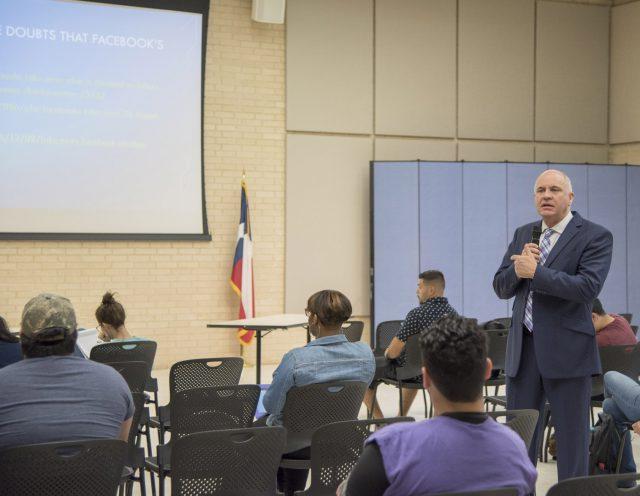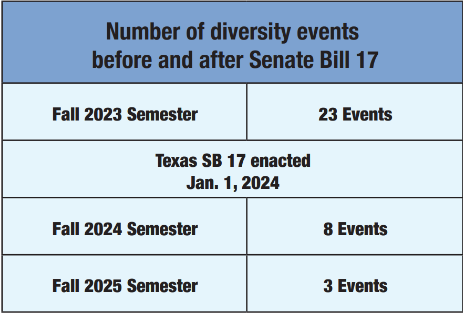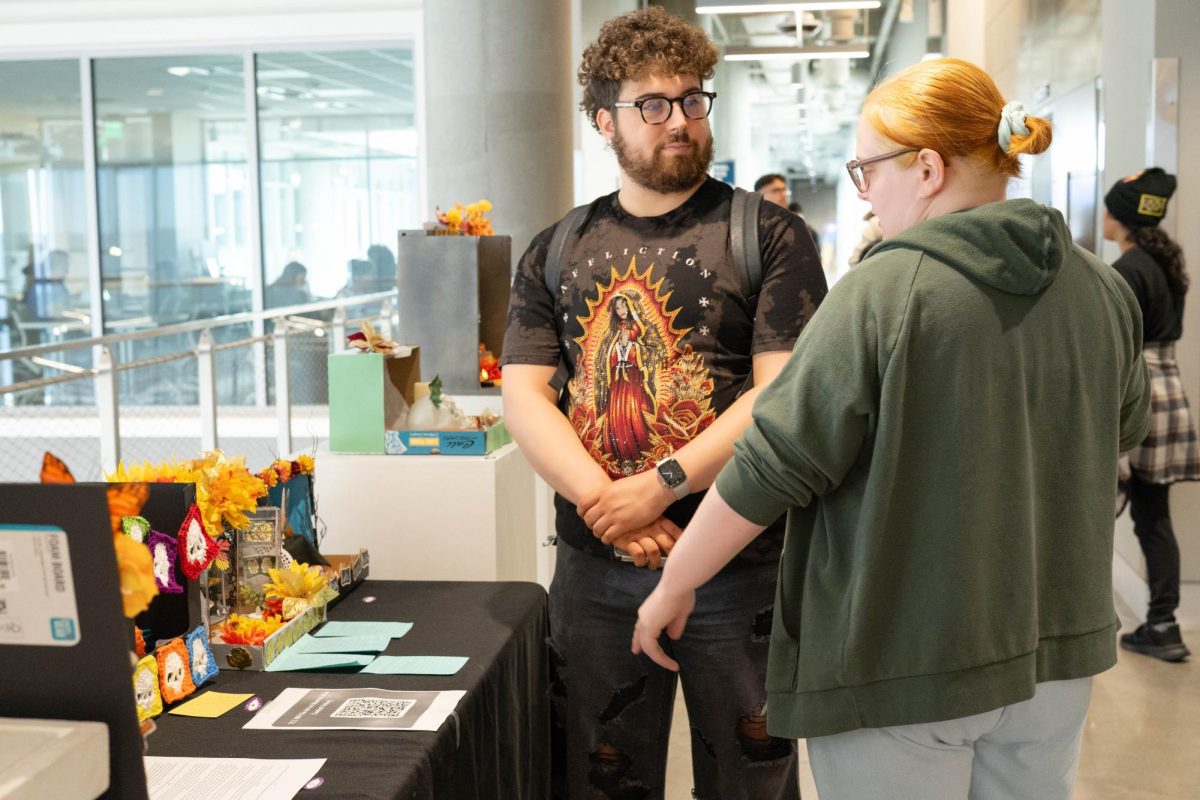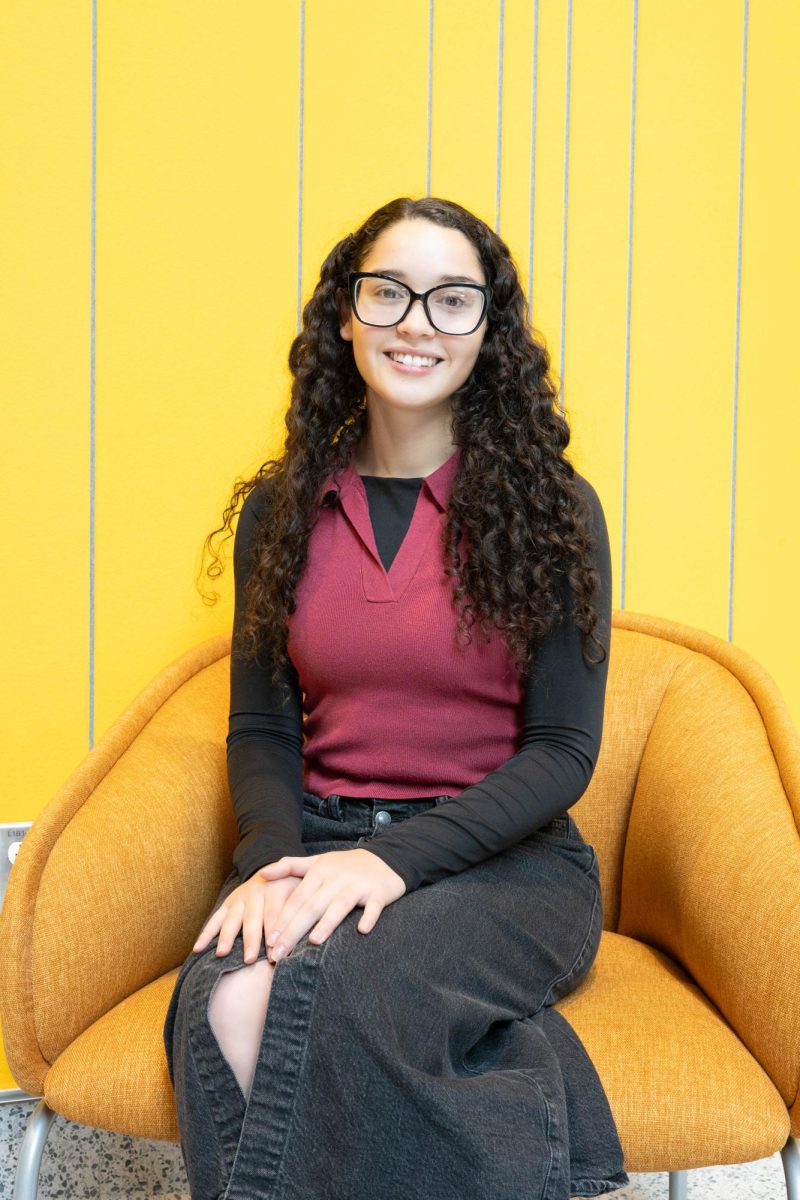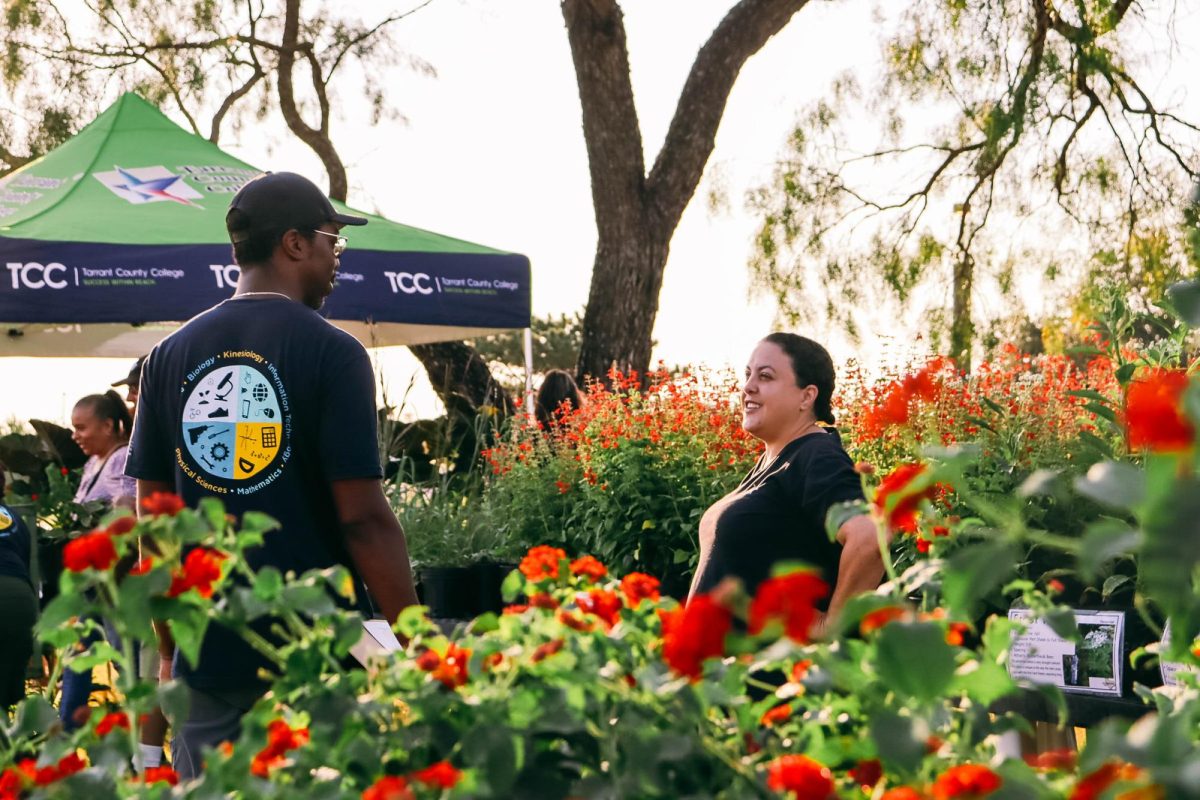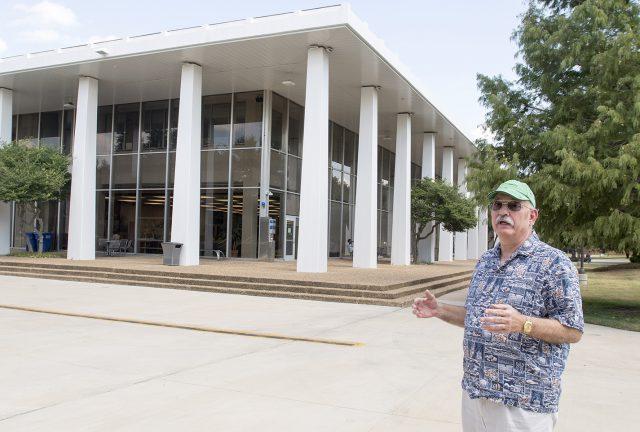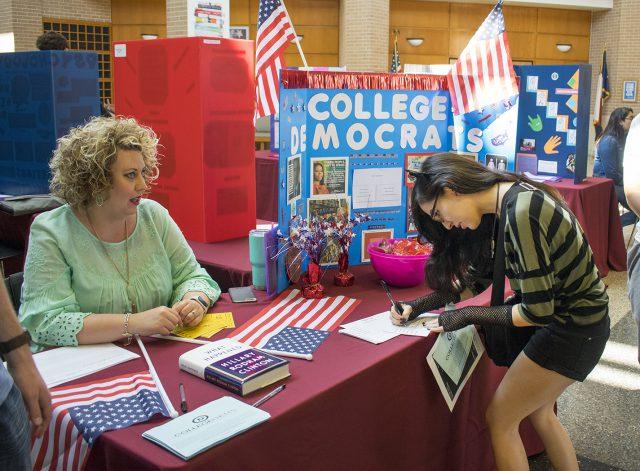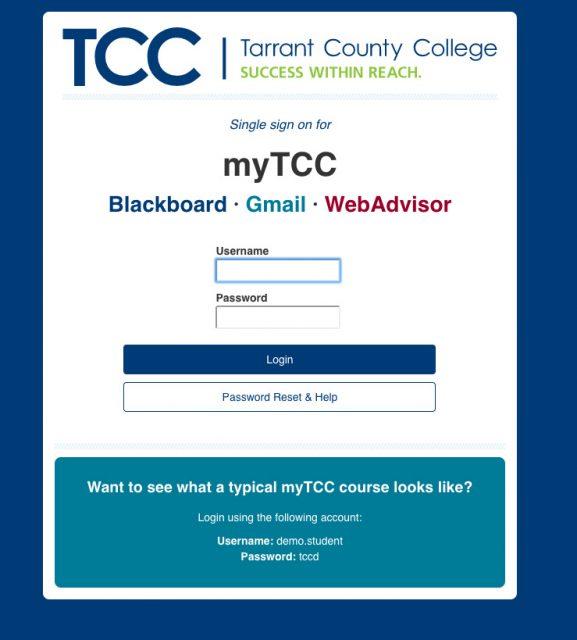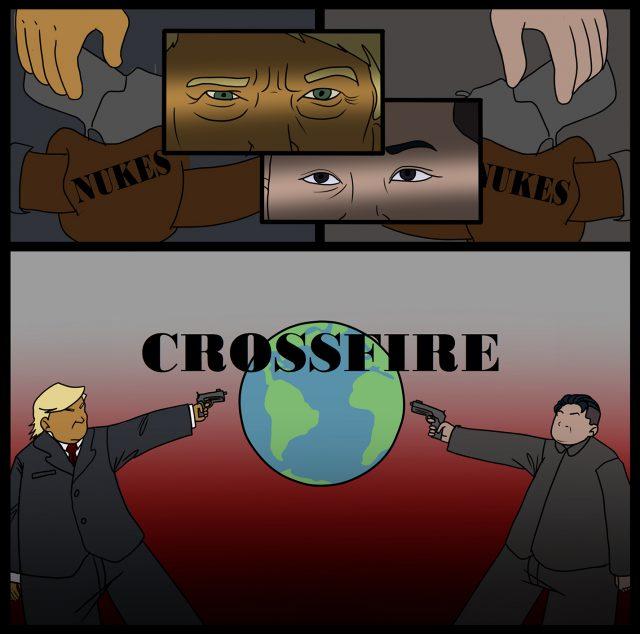By Annette Kirk/reporter
Fake news has been a rising issue in the era of growing technology and was particularly important during last year’s election.
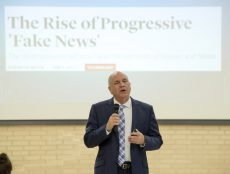
James Baxter, NW Campus library services assistant director, held a Fake News and Evaluating Information workshop to address this subject.
“Before I became a librarian, I worked for 10 years as a reporter, technical writer and copyeditor,” Baxter said. “I got my MLS [master’s of library science] in 1998 and have worked in academic libraries for the past 15 years.”
Baxter is concerned along with other librarians about the growing numbers of misleading articles circulating on the internet and social media platforms.
“The Founding Fathers had a lot to say about the necessity of access to valid information in a democracy,” he said. “They realized that democracy depends on an informed, involved citizenry.”
Throughout the session, Baxter prepared the 30 attendees with information that would help them identify articles sourced from fake news or not written by professional writers.
Baxter compared this era of fake news to an unofficiated sports game.
“In this new publishing paradigm, the referees have largely left the field, and it is up to each of us to call the game for ourselves,” he said.
Baxter believes it is important that TCC students critically think and avoid the pitfalls of fake news. Confirmation bias, or the tendency to process information by looking for facts consistent with people’s own beliefs, has been one of the largest factors of why fake news is prominent in society.
Business Insider found that Facebook had 8.7 million shares of illegitimate articles of information floating around during last year’s election. Even President Donald Trump retweeted information about a protest in Austin that was not true.
In 2015, the Stanford History Education Group found students from middle school to college have issues identifying what was real and what was not on websites.
Baxter recommended using fact-checking sites like FactCheck.org and PolitiFact.com.






















